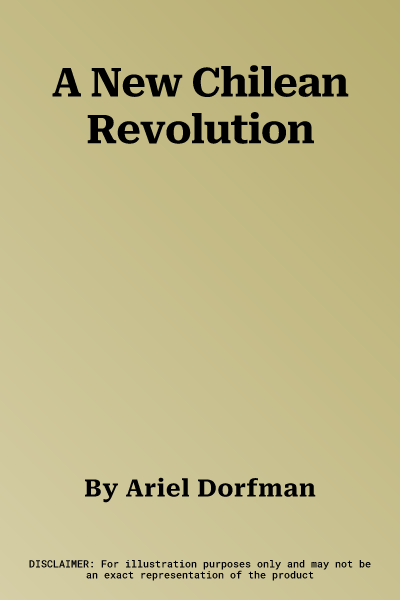In these pages, one of Latin America's leading writers analyses the
recent victory of the left in Chile, the country where he spent his
adolescence and the setting for his famous play, made into a film Death
and the Maiden.
Progressives have been enjoying a banner year in Latin America with
left-wing leaders winning elections across the continent. Of particular
significance is the recent election in Chile where massive protests led
to both the writing of a new Constitution and the election to president
of a 36-year old charismatic former student agitator, Gabriel Boric.
If Boric succeeds, as promised, in "burying neo-liberalism" in Chile he
will have established a model for progressive movements across Latin
America and around the world. Doing so will require a forging of a new
respect for human rights combined with major advances in gender
equality, radical income redistribution, ecological militancy, the
empowerment of indigenous peoples, the reining in off police brutality,
and sweeping changes in health, education and pension funds.
A New Chilean Revolution is no mere panegyric to Boric and the forces
that brought him to power. In these pages Dorfman looks with a sharp,
realistic focus at the obstacles facing this young President, asking
hard questions as to whether such a revolution is possible given the
conservative forces arrayed against it and divisions on the left about
the necessary spped and depth of reforms.

